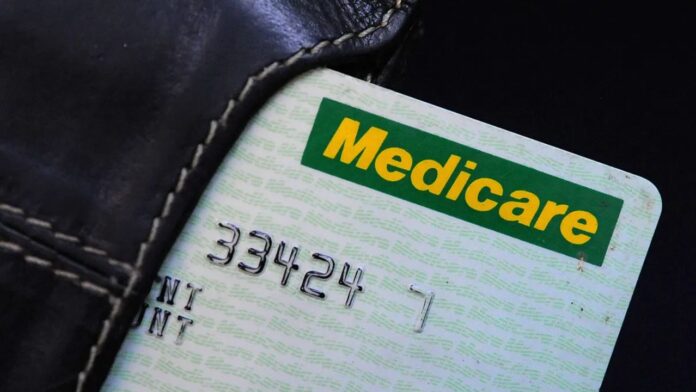Government Shutdown 2025 Impact: When government fails to pass appropriation bills (or a continuing resolution) by the deadline, non-essential parts of government are forced to pause because they lack funding. Essential services which are tied to “mandatory spending” or that are statutorily protected often continue even during a shutdown.
In practical terms, programs that derive their authority from laws that require funding (like Medicare and Medicaid) or that have advance appropriations may largely continue. But many of the supporting administrative, customer service, and regulatory functions (which rely on discretionary appropriations) may suffer slowdowns, furloughs, or suspension.
Thus, the question is not “will Medicare or Medicaid shut off?” but “which parts of the system will face disruption, and what ripple effects may follow?”
Government Shutdown 2025 Impact
What Will Continue
Benefits and Claims Processing: As Medicare is a required entitlement program (charged by payroll taxes, premiums, and trust funds), the payments for the services that providers have already rendered will go on as usual to a large extent. The history of shutdowns is indicative that the work flow of Medicare claims has not been interrupted even during the periods when the staff of the Centers for Medicare & Medicaid Services (CMS) have been on furlough.
Coverage of existing beneficiaries: Individuals who are currently on Medicare will continue receiving their benefits. It comprises Part A (hospital), Part B (medical), and Part D (drug) coverages in addition to Medicare Advantage plans.
Certain regulated operations: Some functions funded outside of discretionary appropriations such as certain aspects of drug approvals (via user fees) or oversight tied to prior-year funding may also persist.
What Might Be Affected or Slowed
Customer service, benefit verification, new enrollments: Because many of these tasks are discretionary, staff handling them may be furloughed or reduced. During earlier shutdowns, issuances of new Medicare cards, replacement cards, applications, and verifications slowed or halted.
Timing of reactions and grievances: In case of absence of a number of CMS employees, calls, queries, appeals, and administrative processing would be delayed.
Oversight and policy work: In general, the activities of the agency, such as fraud investigations, audits, enactment of new rules, research, and program enhancements, will be postponed or deprioritized.
Open Enrollment and help: The Medicare open enrollment period (usually mid-October until December) may be affected by logistical difficulties. But there main supports are often preserved due to the existence of contingency plans (for example, the funding already allocated for state counseling hotlines).
To sum up: the basic flows of Medicare benefits are probably safe, however, the customer-facing and policy infrastructure might be under pressure.
Medicare Savings Programs 2025: Eligibility, Requirements and How to Apply?
Medicaid, and State Programs
Medicaid, jointly run by federal and state governments, also benefits from statutory protections. In many cases, federal matching payments to states for Medicaid are not tied to annual appropriations, meaning states continue to receive funds for ongoing obligations.
According to contingency planning, CMS has funding to support Medicaid into at least the first quarter of the new fiscal year.
As a result:
Ongoing benefits: State Medicaid programs should continue providing coverage to eligible populations (children, low-income adults, disabled, etc.).
Payments to providers: Medicaid reimbursements to hospitals, physicians, and clinics typically continue under existing program authority.
Government Shutdown 2025 Impact: What to Watch?
If you or someone you know relies on Medicare or Medicaid, here’s what to expect:
Your current care and benefits should mostly remain unaffected in the short term (weeks), assuming the shutdown is not protracted.
It may take some time additional quite a number of administrative delays with new cards, updating data, applying for changes, ordering documents as well as resolving anomalies.
Watch for messages from CMS, HHS, or your state Medicaid office which could mean changes or updates to the procedure.
Know about decisions regarding subsidies under the ACA: Even if the shutdown ends with a funding agreement, there may be changes in tax credits or coverage that will have independent effects.
Advocacy makes a difference: Legislators may link the financing of the health program to the wider spending negotiations. The impact of public pressure and that of the state can be felt by the governors.




